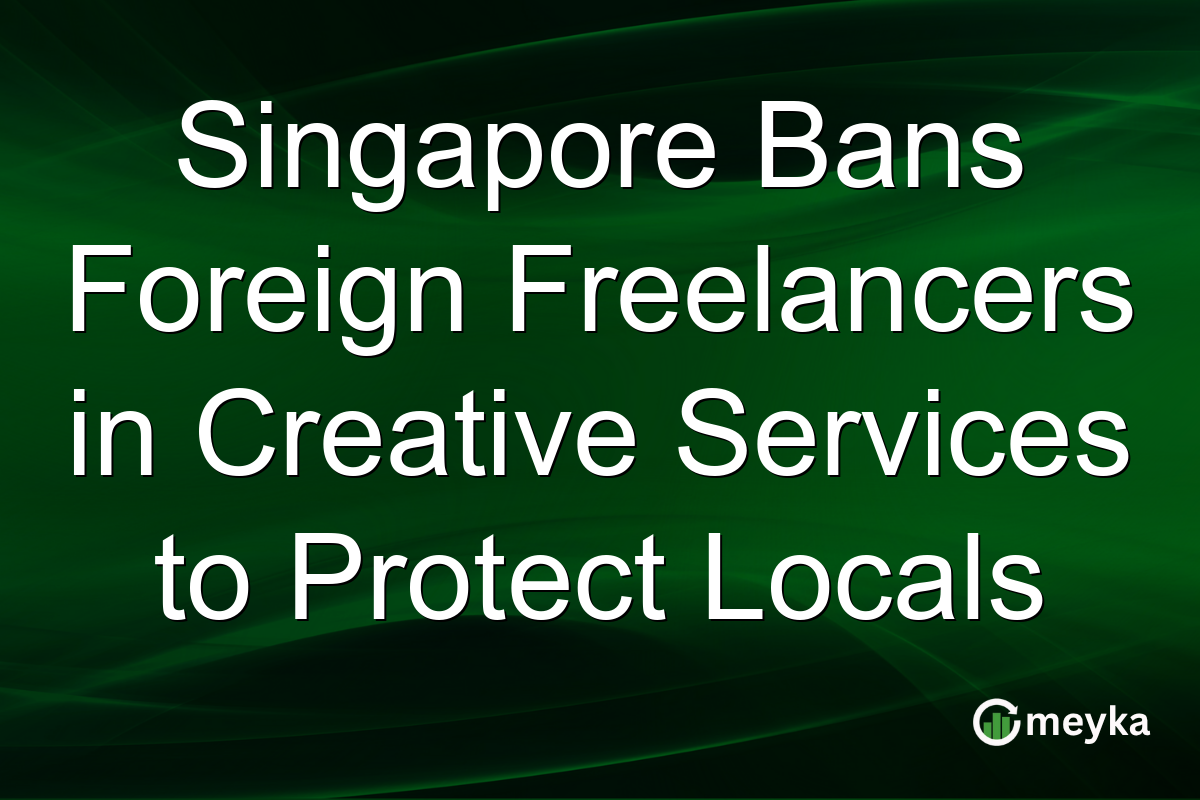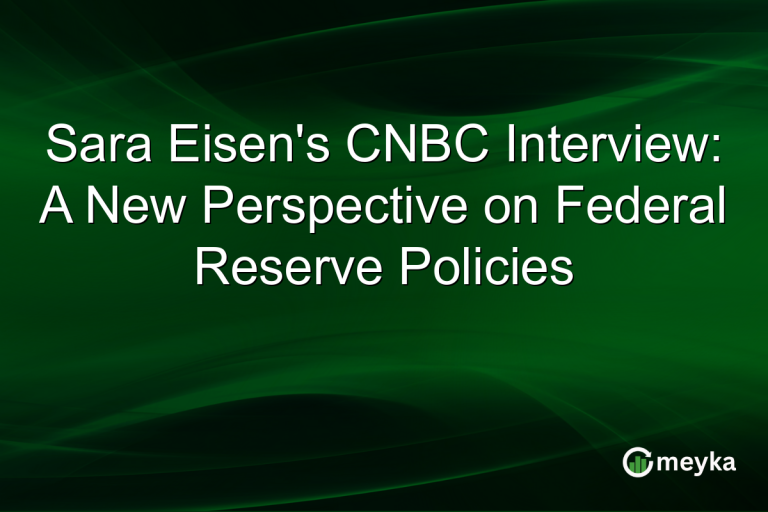Singapore Bans Foreign Freelancers in Creative Services to Protect Locals
Singapore has taken a firm stand to protect its local creative industry. The Ministry of Manpower (MOM) and the Visual, Audio, Creative Content Professionals Association (Vicpa) have jointly announced the banning of foreign freelancers in creative services. Fields like photography, videography, and make-up artistry are directly impacted by this regulation. The goal is to safeguard local jobs and ensure strict adherence to the Employment of Foreign Manpower Act. This strategic move marks a significant shift in Singapore’s approach to balancing local employment with foreign involvement. The creative industry in Singapore, worth billions annually, is a critical sector. However, the influx of foreign freelancers has led to heightened competition, often at the expense of local professionals. With the new regulations in place, MOM aims to curb this trend and foster a more sustainable growth environment for local talents. This adjustment is expected to realign job opportunities towards Singaporeans, nurturing a more robust local creative economy.
Understanding the MOM Regulations
The MOM regulations explicitly prohibit companies from hiring foreign freelancers for certain creative services. This includes areas like photography, videography, and make-up. The new rules are part of a more stringent approach to ensure local talent thrives. The aim is to protect local job markets and ensure the employment of Singaporeans in thriving sectors. By enforcing these regulations, MOM underlines the government’s commitment to enhance the employment landscape for local professionals.
Implications for Creative Services
The creative services sector in Singapore has long been a competitive field. With the influx of foreign freelancers, local professionals often found themselves at a disadvantage due to the lower rates offered by foreign competitors. The new ban brings forth a protective layer for local talents. This shift is expected to lead to increased opportunities for Singaporean creative professionals, potentially elevating industry standards and innovations. For businesses, this means a re-evaluation of hiring strategies to comply with the Employment of Foreign Manpower Act.
Economic and Social Impact
This regulation aims to bolster the local economy by ensuring jobs remain within the country. By placing restrictions on foreign freelancers, Singapore hopes to drive a stronger local community, fostering a sense of ownership and pride among its professionals. Beyond economics, this move significantly affects the social fabric of the creative industry. A protected local workforce may lead to enhanced collaboration and innovation. This regulation, therefore, has implications not just economically but also culturally, impacting how the creative ecosystem will evolve.
Final Thoughts
Singapore’s decision to ban foreign freelancers in the creative sector is a decisive step. By implementing these regulations, the country places a strong emphasis on protecting local jobs and adhering to the Employment of Foreign Manpower Act. This could stimulate growth and innovation within Singapore’s creative industry. As businesses adjust to these changes, they are opened to new opportunities for developing local talents. For real-time insights and predictive analytics, platforms like Meyka offer valuable tools to navigate such regulatory landscapes.
FAQs
Singapore aims to protect local jobs and ensure compliance with the Employment of Foreign Manpower Act. By banning foreign freelancers, the country seeks to foster a competitive environment for local talent.
The ban specifically targets services like photography, videography, and make-up artistry. These fields have seen significant foreign freelance involvement, which the regulation aims to curb.
This regulation could lead to increased job opportunities for local professionals. It encourages businesses to invest in and hire local talent, potentially driving growth and innovation within the industry.
Disclaimer:
This is for information only, not financial advice. Always do your research.






